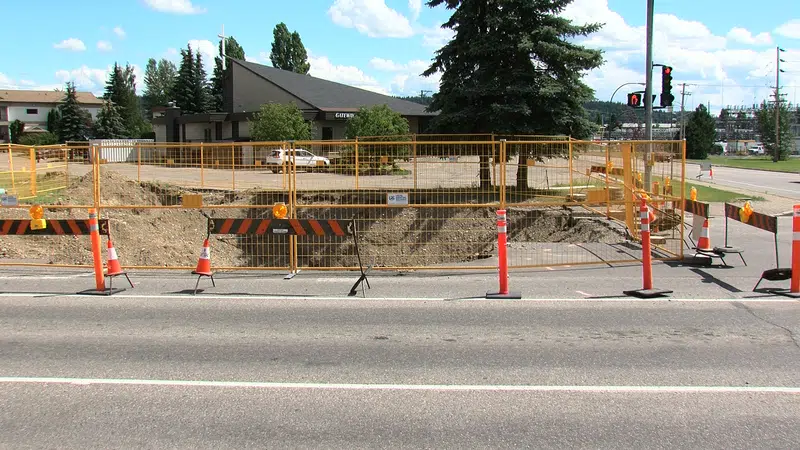
Local government needs to plan for climate change
PRINCE GEORGE – A new study of 200 Canadian communities, including Prince George, has been completed jointly between UBC Okanagan and the University of Windsor. It looks at how local governments prepare for climate change and how they are planning to address it.
The report found that communities are dealing with the consequences of climate change between increased incidents of flooding and extreme weather events. It also found that planning is often addressed on an as-needed basis.
“These events have a great way of focusing the attention of politicians and public servants on the issue of [climate change] when its occurring. And then, as it drifts into the background, there can be a tendency to forget about it.”
And that’s a mistake. But one that may be unavoidable, as municipalities struggle to pay for the fallout of climate change, never mind predetermine those consequences.
